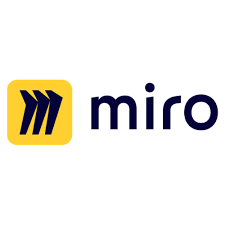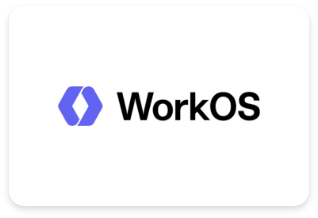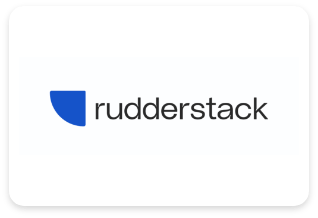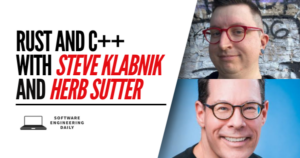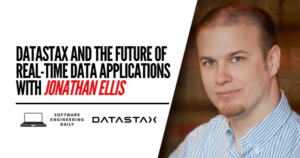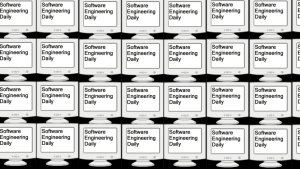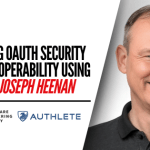Tracking Drug Smugglers and Migrating Databases with Benny Keinan and Lior Resisi
Podcast: Play in new window | Download
Subscribe: RSS
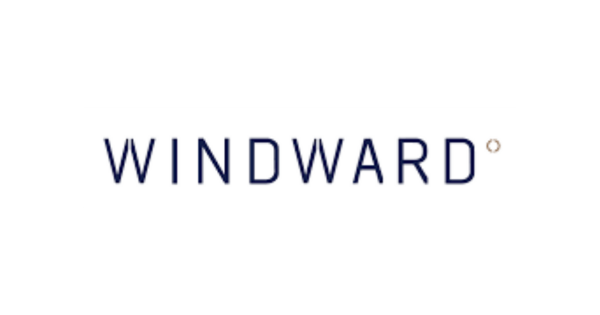
Maritime logistics is the process organizing the movement of goods across the ocean. Historically, this has been a challenging problem because of the multinational nature of shipping, as well as piracy, smuggling, and legacy technology. It’s also profoundly important for security reasons, and because 90% of what we buy travels over the oceans. Ocean vessels produce a lot of CO2, which adds climate change and energy dimensions to maritime logistics.
Windward AI is a maritime logistics platform that was started 13 years ago by two ex-Israeli naval officers. The idea for the company came from the observation that, at that time, it was hard or impossible to know what’s happening on the deep sea.
Benny Keinan is the VP of R&D and Lior Resisi is the Data Platforms Group Lead at Windward AI. They join the podcast today to talk about the technical and practical challenges of maritime logistics, why Rockset was the right database for their unique datasets, the impact of the Ukraine war, and more.
 This episode is hosted by Lee Atchison. Lee Atchison is a software architect, author, and thought leader on cloud computing and application modernization. His best-selling book, Architecting for Scale (O’Reilly Media), is an essential resource for technical teams looking to maintain high availability and manage risk in their cloud environments.
This episode is hosted by Lee Atchison. Lee Atchison is a software architect, author, and thought leader on cloud computing and application modernization. His best-selling book, Architecting for Scale (O’Reilly Media), is an essential resource for technical teams looking to maintain high availability and manage risk in their cloud environments.
Lee is the host of his podcast, Modern Digital Business, an engaging and informative podcast produced for people looking to build and grow their digital business with the help of modern applications and processes developed for today’s fast-moving business environment. Listen at mdb.fm. Follow Lee at softwarearchitectureinsights.com, and see all his content at leeatchison.com.
Please click here to see the transcript of this episode.
Sponsorship inquiries: sponsor@softwareengineeringdaily.com
Sponsors
Miro is one of the platforms that I think has been really creative about how it’s incorporating AI. I created a dependency mapping on a Miro board to help think through a new software system. The idea was to visualize direct and indirect dependencies, and refine the connections between them.
The AI features helped summarize and cluster the information, making it easier to understand and work with. I’m also impressed with Miro AI’s ability to auto-generate images from text. This has a lot of value for software and product teams that need to do dynamic brainstorming and idea development.
Find simplicity in your most complex projects with Miro. Your first three Miro boards are free when you sign up today at miro.com/Podcast.
WorkOS is a developer platform to make your app enterprise-ready. With a few simple APIs, you can immediately add common enterprise features like Single Sign-On, OAuth, SAML, SCIM user provisioning, and more. Developers will find beautiful docs and SDKs that make integration a breeze. WorkOS is kind of like “Stripe for enterprise features.”
WorkOS powers apps like Webflow, Hopin, Vercel, and more than 100 others. The platform is rock solid, fully SOC-2 compliant, and ready for even the largest enterprise environments.
So what are you waiting for? Get started with OAuth and magic links completely free. Integrate WorkOS today and make your app enterprise-ready.
To learn more and get started, go to softwareengineeringdaily.com/workos


